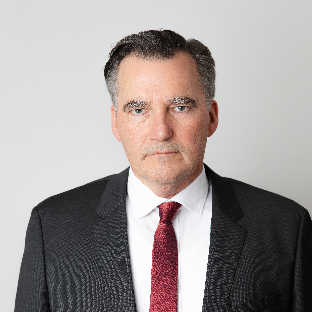Sport Integrity Australia acknowledges the decision of Basketball Australia to impose a one-month ban on Tahjere McCall for the Presence of a metabolite of a Prohibited Substance.
Mr McCall, an American professional basketball player who is contracted to the Cairns Taipans in the National Basketball League (NBL), returned an Adverse Analytical Finding (AAF) from an In-Competition doping control test on 3 February 2023 at the Perth v Cairns game at RAC Arena, Perth, Western Australia.
Mr McCall’s sample was analysed at the Australian Sports Drug Testing Laboratory, part of the National Measurement Institute, and the presence of 11-nor-delta-9-tetrahydrocannabinol-9-carboxylic acid (metabolite of Tetrahydrocannabinol (THC)) was detected.
The substance THC is listed under class S8 (Cannabinoids) and is classified as a Specified Substance under the World Anti-Doping Code – International Standard – Prohibited List – 2023 (2023 Prohibited List) and is prohibited In-Competition. THC is also classified as a ‘Substance of Abuse’ under the 2023 Prohibited List.
As of 1 January 2021, under Article 10.2.4.1 of the Australian National Anti-Doping Policy 2021 (ANADP), if an Athlete tests positive to a ‘Substance of Abuse’ (such as Marijuana or Cocaine), then the Athlete’s period of Ineligibility may be reduced to three months if the Athlete is able to prove that the substance was ingested or Used Out-of-Competition and was unrelated to sport performance.
In addition, the Athlete’s period of Ineligibility calculated under Article 10.2.4.1 of the ANADP may be further reduced to one month if the Athlete satisfactorily completes a Substance of Abuse treatment program approved by Sport Integrity Australia.
In Mr McCall’s case, all requirements for a reduction in the period of Ineligibility under Article 10.2.4.1 of the ANADP were satisfied.
Basketball Australia thereby imposed a one-month period of Ineligibility on Mr McCall, commencing on 21 June 2023.
Mr McCall was ineligible to participate in any sports that have adopted a World Anti-Doping Code compliant anti-doping policy until 21 July 2023.
ADDITIONAL INFORMATION ON THE PROHIBITED SUBSTANCE
All natural and synthetic cannabinoids are prohibited In-Competition with the exception of Cannabidiol. This includes:
- All cannabis (hashish, marijuana) and cannabis products;
- Natural and synthetic tetrahydrocannabinols (THCs); and
- Synthetic cannabinoids that mimic the effects of THC.
All prohibited substances are added to the Prohibited List because they meet two of the three following criteria:
- Use of the substance has the potential to enhance performance;
- Use of the substance can cause harm to the health of the athlete; and
- Use of the substance violates the spirit of sport.








